Find Help
More Items From Ergsy search
-

What is Autism?
Relevance: 100%
-

Is there an autism test?
Relevance: 100%
-
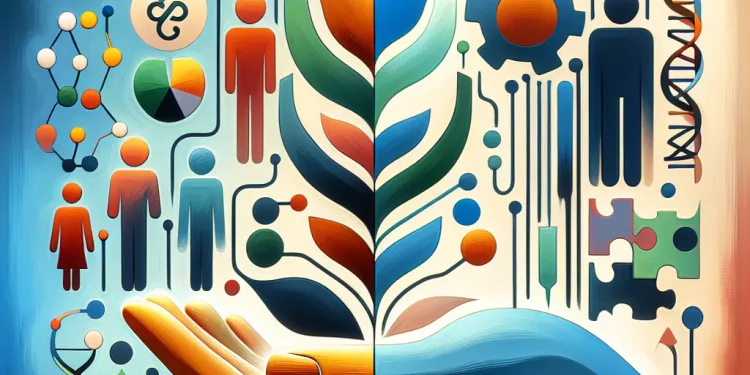
Is there a genetic component to autism?
Relevance: 96%
-

What is the autism spectrum?
Relevance: 96%
-

How prevalent is autism?
Relevance: 96%
-

What causes autism?
Relevance: 95%
-
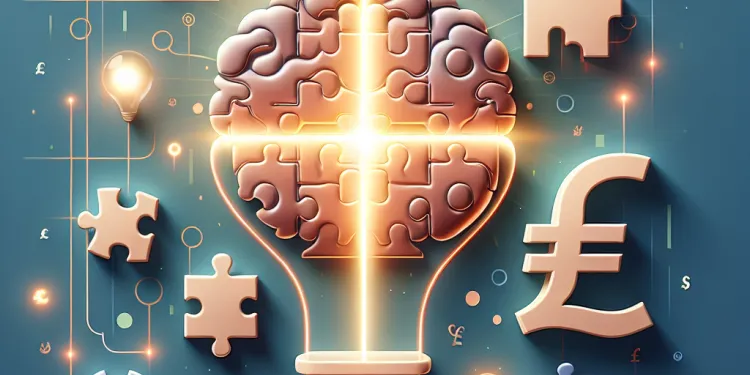
Can autism be cured?
Relevance: 95%
-

What are the signs of autism?
Relevance: 94%
-
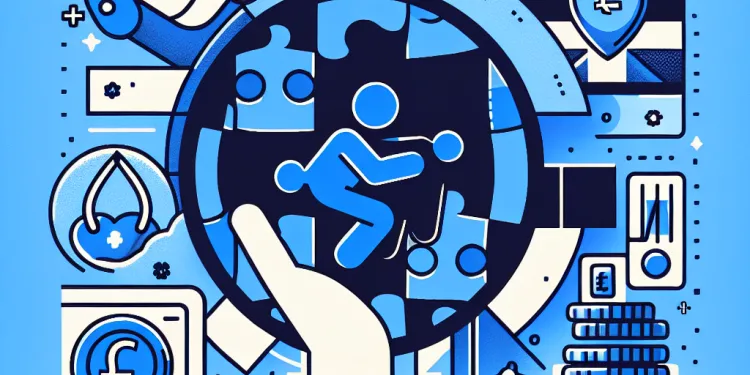
How is autism diagnosed?
Relevance: 94%
-
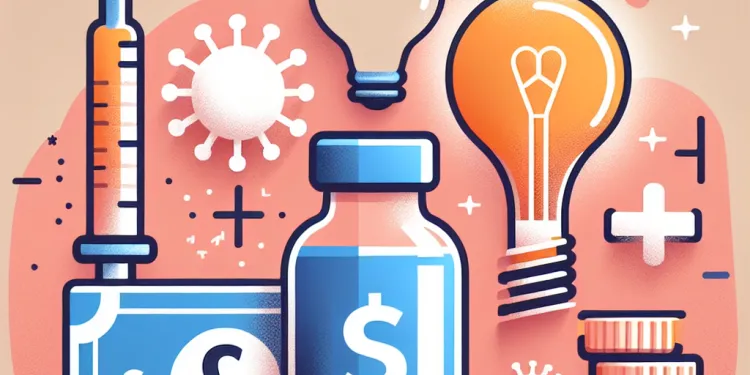
Are vaccines linked to autism?
Relevance: 93%
-
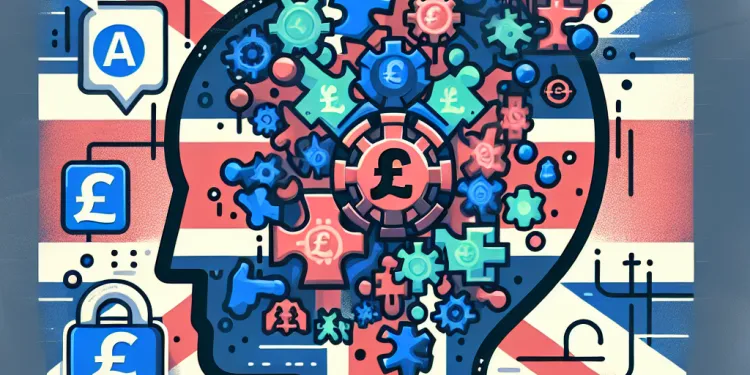
Can adults have autism?
Relevance: 92%
-

Autism: Graeme's story | NHS
Relevance: 92%
-

Is paracetamol linked to autism?
Relevance: 92%
-
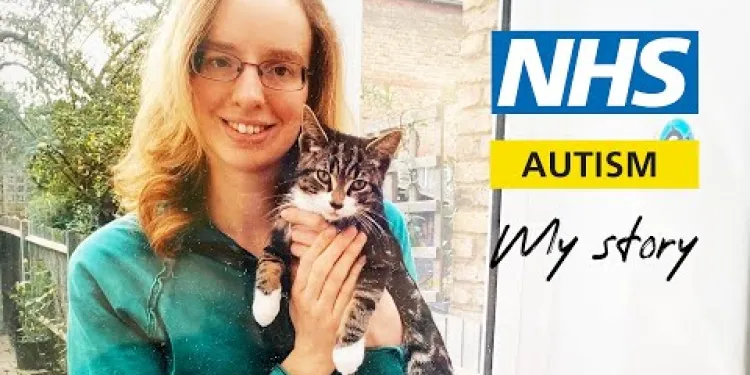
Autism - My Story - Rosalind | NHS
Relevance: 91%
-
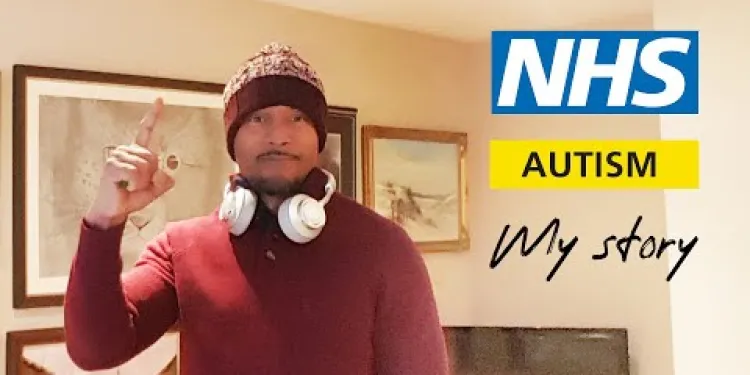
Autism - My Story - Adrian | NHS
Relevance: 90%
-
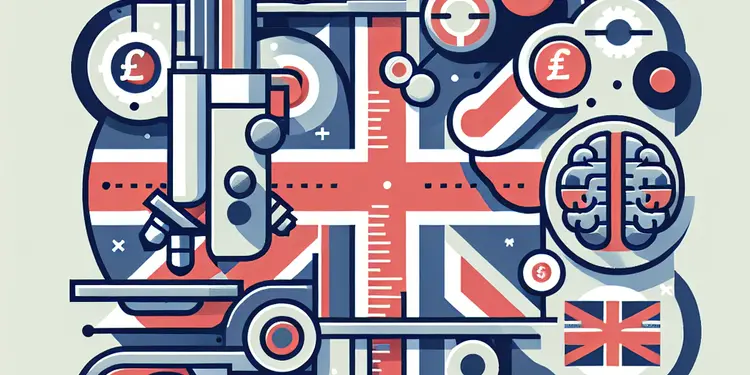
What can cause autism, if not paracetamol?
Relevance: 89%
-
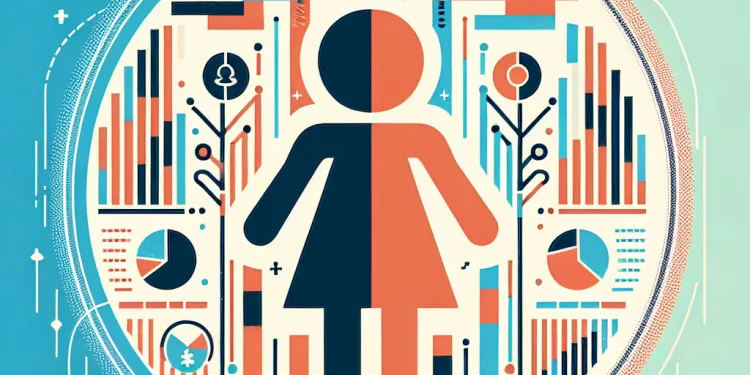
Is autism more common in boys or girls?
Relevance: 88%
-
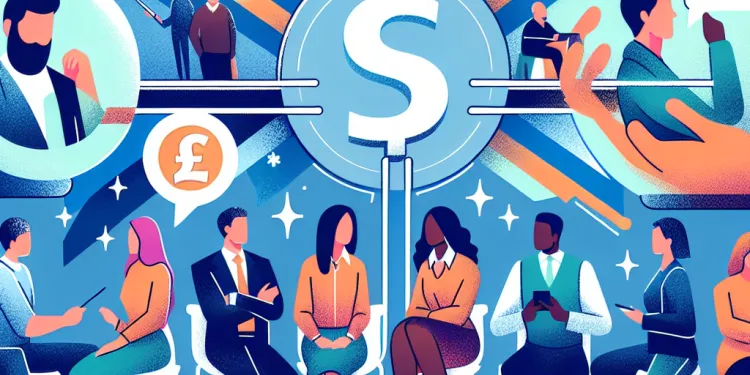
How does autism affect communication?
Relevance: 87%
-

What are some common therapies for autism?
Relevance: 87%
-
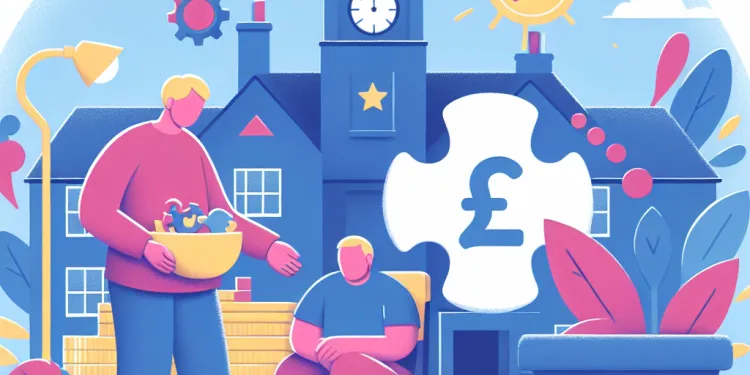
Can people with autism lead independent lives?
Relevance: 85%
-
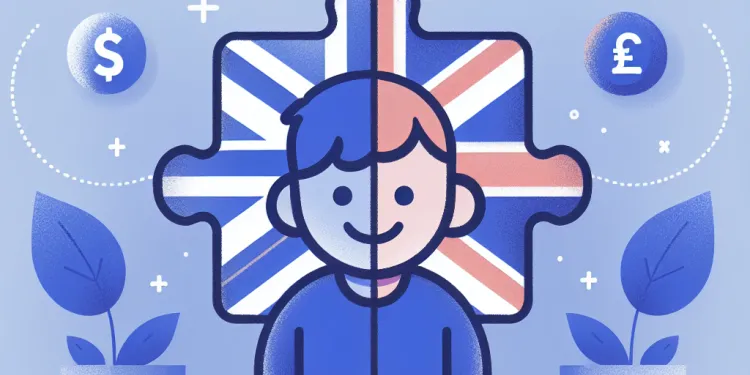
What is the difference between autism and Asperger's syndrome?
Relevance: 84%
-

Autism Assessment - What Happens in Your Appointment
Relevance: 82%
-
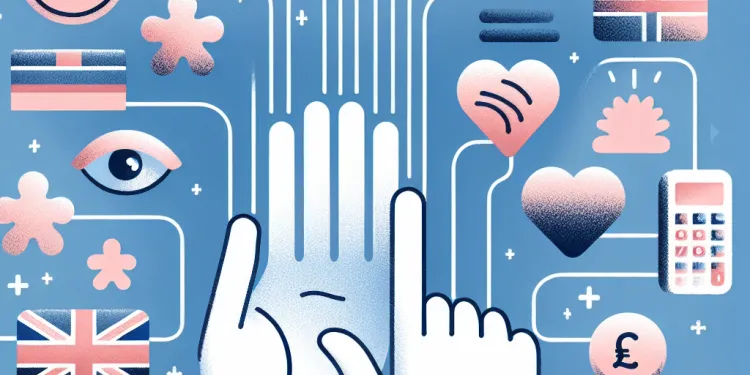
What role do sensory issues play in autism?
Relevance: 82%
-
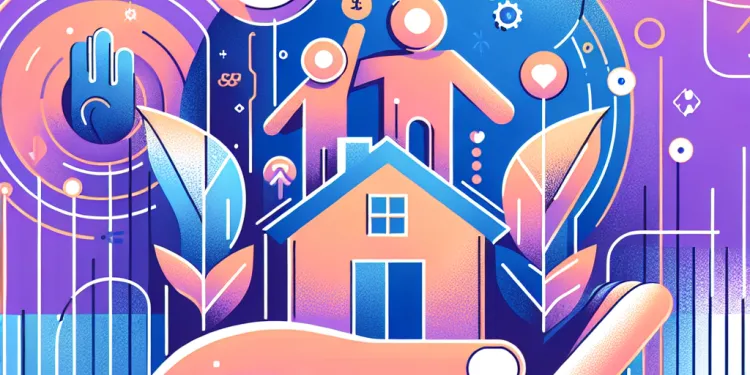
How can families support a member with autism?
Relevance: 81%
-

Is there any scientific evidence that links paracetamol use to autism?
Relevance: 81%
-
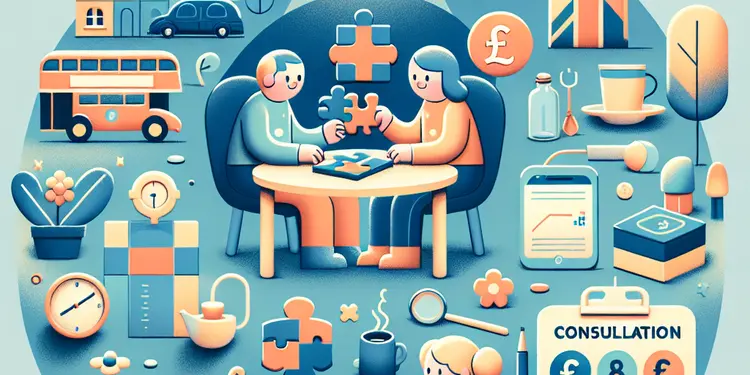
What advice is available for parents concerned about autism risks?
Relevance: 81%
-

The NHS Long Term Plan for learning disability and autism
Relevance: 80%
-
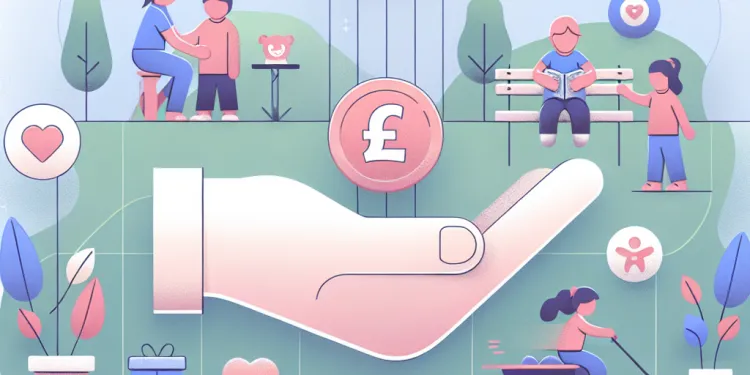
How can early intervention help children with autism?
Relevance: 80%
-
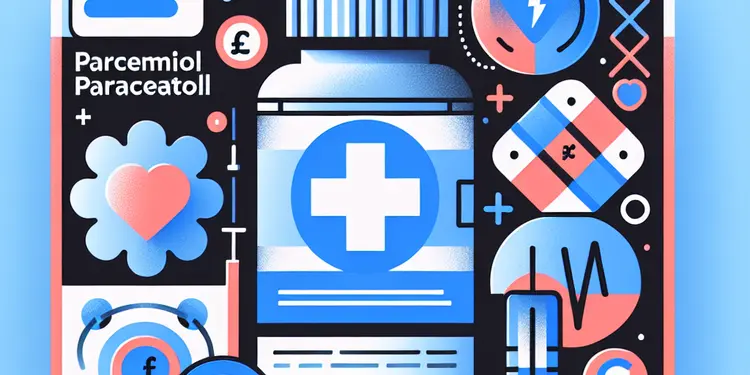
Why is there concern about paracetamol and autism?
Relevance: 80%
-

Is there any risk of using paracetamol outside of pregnancy with regard to autism?
Relevance: 78%
-

What kind of studies are conducted to investigate links between medications and autism?
Relevance: 78%
-
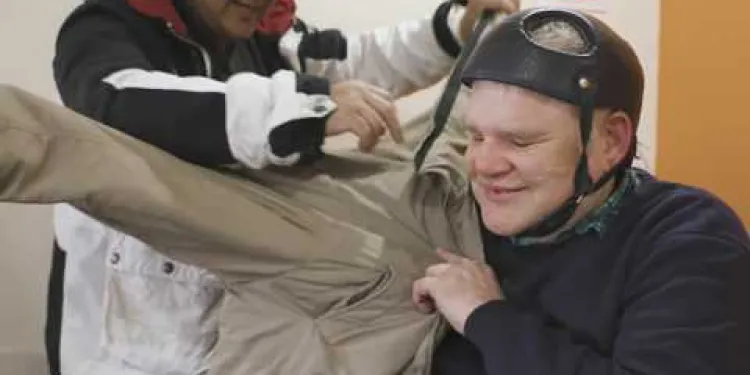
Transforming Care for people with Learning Disabilities and/ or Autism: Peter's Story
Relevance: 70%
-
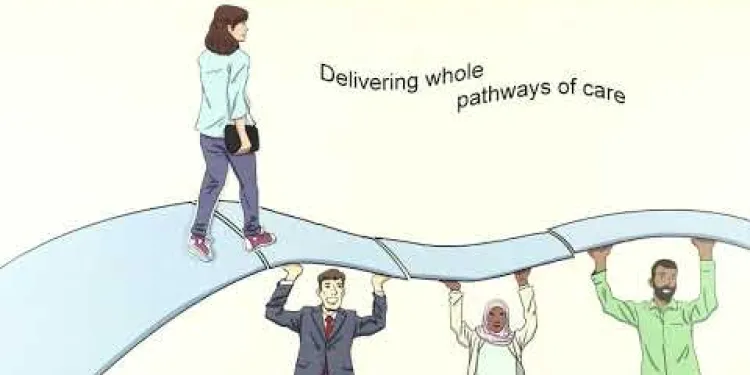
NHS-led Provider Collaboratives: improving mental health, learning disability and autism services
Relevance: 60%
-

What are the limitations of studies examining paracetamol use and autism?
Relevance: 56%
-

We are autistic | NHS
Relevance: 51%
-

Has paracetamol been linked to other developmental issues besides autism?
Relevance: 49%
-

Have any major health organizations advised against using paracetamol during pregnancy due to autism concerns?
Relevance: 46%
-

What is applied behavior analysis (ABA)?
Relevance: 34%
-

How effective is the MMR vaccine?
Relevance: 31%
-

What are some common types of SEND?
Relevance: 30%
Autism - My Story - Rosalind
Early Signs and Diagnosis
Hello, my name is Rosalind and I want to share my journey with autism. Growing up in the United Kingdom, I always felt different. As a child, I struggled with social interactions and had intense interests in specific topics. These patterns of behavior concerned my parents, and we sought medical advice. After several visits to specialists, I was diagnosed with autism at the age of seven.
Challenges and Triumphs
Living with autism has had its challenges. Navigating a world that doesn't always understand can be tough. Sensory sensitivities to noise and light often caused me to feel overwhelmed in busy environments. School was particularly difficult due to the social aspect, but with the help of understanding teachers and a supportive family, I was able to thrive academically. My passion for technology and mathematics became a strong positive focus.
Support Systems
The NHS has been a cornerstone in my journey. Through various programs and support groups, I found a community that understood my experiences. Accessing therapies, such as speech and occupational therapy, greatly improved my ability to communicate and manage everyday tasks. The support extended beyond my childhood and helped me transition into adulthood, providing me with the skills to live independently.
Spreading Awareness
Today, I am an advocate for autism awareness in the UK. I work alongside the NHS and other organizations to educate the public and break down the stigma associated with autism. By sharing my story, I hope to inspire others who are on the spectrum and help them realize their potential. Autism is not a limitation but a different way of experiencing and interacting with the world.
To anyone reading this, whether you are on the autism spectrum or know someone who is, remember that with the right support and understanding, everyone can lead a fulfilling and successful life.
Autism - My Story - Rosalind
Early Signs and Diagnosis
Hello, my name is Rosalind. I want to tell you my story about autism. When I was growing up in the UK, I always felt different. As a child, I found it hard to talk to other people. I was very interested in a few things. My parents were worried and took me to see the doctor. After many checks, I found out I had autism when I was seven years old.
Challenges and Triumphs
Living with autism can be hard. The world can be confusing when others don't understand. Loud noises and bright lights made me feel upset in busy places. School was hard because I had to talk to lots of people. But my teachers were kind, and my family helped me, so I did well in school. I loved technology and math, which made me happy.
Support Systems
The NHS has helped me a lot. I found groups that understood me. I went to special lessons to learn how to talk and do everyday things. This help has been with me from when I was young to when I grew up. It taught me how to live on my own.
Spreading Awareness
Now, I want people to know more about autism in the UK. I work with the NHS and other groups to teach people about autism and stop the wrong ideas about it. By telling my story, I hope to help others with autism see how much they can do. Autism is just a different way to see and live in the world.
If you have autism or know someone who does, remember, with help and understanding, everyone can have a happy and successful life.
Frequently Asked Questions
What is autism?
Autism is a lifelong developmental condition that affects how a person communicates and interacts with the world around them. It is often referred to as Autism Spectrum Disorder (ASD) because it affects individuals differently and to varying degrees.
How is autism diagnosed?
Autism is typically diagnosed through a combination of observations, interviews, and standardized assessments by professionals such as psychologists, psychiatrists, and paediatricians.
What are common signs of autism?
Common signs of autism include difficulties with social interactions, challenges with communication, repetitive behaviours, and a strong preference for routines and sameness. Sensory sensitivities may also be present.
Can autism be cured?
Autism is not a condition that can be cured, but early intervention and supportive therapies can significantly improve the quality of life for individuals on the spectrum.
What causes autism?
The exact cause of autism is not known. It is believed to involve a combination of genetic and environmental factors.
Can adults be diagnosed with autism?
Yes, adults can be diagnosed with autism. Many people with autism are not diagnosed until adulthood, especially if their symptoms were not recognized or misunderstood during childhood.
What support is available for people with autism in the UK?
Support for people with autism in the UK can include social services, educational support, healthcare services, and autism-specific organizations that provide a range of resources and assistance.
Is autism more common in boys than girls?
Autism is more frequently diagnosed in boys than girls, but recent research suggests that the condition may be underdiagnosed in girls.
Are there any medications for autism?
There are no medications that can cure autism, but some medications can help manage specific symptoms, such as anxiety, depression, or hyperactivity.
Can autistic individuals lead independent lives?
Many autistic individuals can lead independent and fulfilling lives with the right support and accommodations. Independence levels vary greatly among individuals on the spectrum.
What educational supports are available for children with autism?
Educational supports for children with autism can include special education services, individualized education plans (IEPs), speech and language therapy, and other tailored interventions to meet the child's needs.
How can I support a friend or family member with autism?
Supporting someone with autism involves being patient, understanding their unique needs, and offering support in areas such as communication, social interactions, and daily routines. Educating yourself about autism can also be very helpful.
What is sensory sensitivity in autism?
Sensory sensitivity in autism refers to an increased or decreased sensitivity to sensory experiences, such as lights, sounds, textures, or smells. This can cause discomfort or distress for some individuals on the spectrum.
How can workplaces support employees with autism?
Workplaces can support employees with autism by providing reasonable adjustments, such as flexible working hours, quiet workspaces, clear communication, and autism awareness training for staff.
What is an autism-friendly environment?
An autism-friendly environment is one that considers the sensory, communication, and social needs of autistic individuals. This can include having clear signage, quiet spaces, and accommodating individual preferences and routines.
What is autism?
Autism is a difference in how some people's brains work. It can affect how they see the world, talk to others, and learn new things.
People with autism might like things to be the same every day. They might not like loud noises or bright lights.
Everyone with autism is different. Some people might need more help, and others might need less.
If you want to know more, you can ask a teacher, family member, or use a computer to find information. Tools like pictures or videos can also help you understand better.
Autism is something you are born with and have for your whole life. It affects how you talk to people and how you understand the world. Autism can be different for each person. Some people may have it a little bit, and others may have it a lot. We call this Autism Spectrum Disorder, or ASD, because it can be different for everyone.
How do doctors know if someone has autism?
Doctors look for signs and talk to you and your family. They ask questions about how you talk, play, and learn. Doctors may watch you play and do activities with you. They check to see if you do things like other kids your age.
If you find this hard to understand, you can ask someone you trust to explain. You could also use pictures and videos to help you learn.
Doctors and other experts find out if someone has autism by watching them, asking questions, and using special tests. These experts include people like psychologists, psychiatrists, and children's doctors.
What Are the Signs of Autism?
Here are some signs that someone might have autism:
- It can be hard for them to talk to other people.
- They might not look at people’s faces when talking.
- They might not like loud noises or bright lights.
- They might want to do the same thing every day.
- They might really like one topic or subject.
- It can be hard for them to understand how other people feel.
If you think you or someone you know might have autism, it is a good idea to talk to a doctor. They can help.
Pictures, storyboards, and apps can help make things clearer. Ask a grown-up if you need help.
People with autism might find it hard to talk and play with others. They may like doing the same thing over and over and feel better when things stay the same. They might also have strong feelings about things they see, hear, or touch.
Using pictures or easy-to-read books can help understand these feelings. Talking with someone who knows about autism can also help.
Can autism be cured?
Autism is something that stays with a person for their whole life. There is no cure for autism.
But people with autism can get help to make their lives better.
Some things that help are:
- Special teaching to learn new skills.
- Therapies like talking to someone about feelings.
- Support from family and friends.
Everyone with autism is different, so what helps one person might be different for another.
Autism is something that doesn't go away, but getting help early and using special therapies can make life much better for people with autism.
What causes autism?
Autism is something that affects the brain. It makes people see and understand the world in different ways.
Scientists are not sure exactly what causes autism, but they think it has to do with:
- The genes you get from your parents. Genes are like instructions that decide how your body works.
- Things that happen to you before you are born or when you are a baby, like if your mom got sick when she was pregnant.
- The world around us, like air quality or other things in the environment.
To learn more about autism, you can:
- Talk with a doctor or a teacher.
- Explore kid-friendly websites together with an adult.
We do not know exactly what causes autism. People think it is caused by a mix of things you get from your family (genes) and things around you (environment).
Can doctors find out if grown-ups have autism?
Yes, doctors can find out if grown-ups have autism. Autism is something you are born with, but not everyone is told they have it when they are kids.
Some grown-ups might wonder if they have autism. They can go to a doctor to check. The doctor will ask questions and talk to them to see if they have autism.
If you think you might have autism, you can:
- Talk to your doctor.
- Find a specialist who knows about autism.
- Ask for help from someone you trust.
There are also tools that can help, like:
- Online quizzes to check for autism signs.
- Support groups to talk to other people.
Yes, grown-ups can find out they have autism. Lots of people don't know they have autism until they are older. Sometimes, others didn't see the signs when they were kids.
Help for People with Autism in the UK
There is help for people with autism in the UK. Here are some things that can help:
- Support Groups: Join a group to meet other people with autism.
- Therapists: Talk to someone who knows how to help with autism.
- Special Schools: Go to a school that knows how to teach kids with autism.
- Job Help: Get help to find and keep a job.
- Advisors: Speak to people who can give advice about autism.
These tools can also help:
- Use a calendar to remember important dates.
- Write lists to remember what to do each day.
- Use pictures to show how you feel.
There are many people ready to help you. You are not alone!
If you live with autism in the UK, there are people and groups ready to help you. They can offer different types of support like:
- Help with making friends and being with others (social services).
- Extra help at school (educational support).
- Visits to doctors or hospitals (healthcare services).
- Groups just for people with autism. They have lots of useful things to help you.
These supports can make life easier. You can ask for help from family, teachers, or doctors. They can help you find these services.
Do more boys have autism than girls?
More boys are told they have autism than girls. But new studies show that many girls with autism might not be noticed.
Are there any medicines for autism?
Some people with autism take medicines. These medicines can help with feelings and behaviors.
Talk to a doctor before taking any medicines. They can say if the medicine is right for you.
It helps to use tools like picture cards or schedules. These can help make daily tasks easier.
There is no medicine that can make autism go away. But, medicine can help with some problems like feeling very worried, sad, or very active.
Can autistic people live on their own?
Some autistic people can live on their own. Some need help with daily tasks. Everyone is different.
Tools that can help include schedules, reminders, or apps. Friends and family can also give support.
Many people with autism can live happy and independent lives if they get the right help. How independent they can be is different for each person.
What helps kids with autism learn at school?
Some kids have autism. They may learn in a different way.
Here are some things that can help them:
- Special teachers: These teachers know how to help kids with autism.
- Extra time: Kids with autism might need more time for tests or homework.
- Quiet spaces: A calm place can help kids focus better.
- Technology: Tools like tablets or computers can make learning easier.
- Visual aids: Pictures or charts can help explain things.
These supports can help kids with autism do their best in school.
Children with autism can get help at school. They might have special classes or lessons. They might have a plan just for them, called an IEP. Some children get help with talking and understanding words. There are many ways to help so kids can learn better.
How can I help a friend or family member with autism?
Do you have a friend or family member with autism? Here are some ways you can help:
- Listen: Pay attention when they talk. It shows you care.
- Be patient: Sometimes they need more time to do things or explain how they feel.
- Ask how you can help: Everyone is different, so it's good to ask what they need.
- Learn about autism: Find out more so you understand better.
- Use pictures or simple words: This can make talking easier.
- Give them space: Sometimes they might want to be alone, and that's okay.
Remember, being kind and understanding helps a lot!
Helping someone with autism means being patient. Try to understand what they need. You can help them talk, make friends, and do everyday things. Learning more about autism can also help you support them better.
What does sensory sensitivity mean for people with autism?
Some people with autism have something called sensory sensitivity. This means their senses, like hearing, seeing, smelling, tasting, and touching, can be stronger. Things might feel too loud, too bright, or too much for them.
Here are some ways to help:
- Use noise-canceling headphones to make sounds quieter.
- Wear sunglasses to keep out bright lights.
- Choose clothes that feel soft and comfortable.
- Find quiet and calm places to relax.
- Practice deep breathing to feel calm.
Sensory sensitivity in autism means that people might feel things like lights, sounds, textures, or smells more strongly or less strongly than others. This can sometimes make them feel uncomfortable or upset.
If you find sensory things hard, here are some helpful tools and ideas:
- Wear headphones to help with loud noises.
- Use sunglasses if lights are too bright.
- Carry a soft toy or fabric if certain textures bother you.
- Use calming smells or scents you like.
These can help make things feel better and easier.
How can jobs help people with autism?
Here is how jobs can help:
- Make quiet spaces: Create calm areas for people to work.
- Use clear words: Talk in simple words that are easy to understand.
- Give written plans: Write down tasks so people know what to do.
- Be patient: Give people time to think and answer.
- Offer headphones: Let people use headphones to block noise.
- Suggest tools: Use pictures or apps to help people learn.
These ideas can help people with autism do well at work.
Workplaces can help people with autism. They can make changes like:
- Letting people choose working hours that suit them.
- Giving quiet places to work.
- Talking in a clear and simple way.
- Teaching staff about autism.
What is a place that is good for people with autism?
An autism-friendly place thinks about how people with autism feel and communicate. It helps them feel comfortable. This might mean having signs that are easy to read, quiet areas to relax, and letting people do things in their own way.
You can also use things like visual schedules or noise-canceling headphones to make it easier for someone with autism.
Useful Links
This website offers general information and is not a substitute for professional advice.
Always seek guidance from qualified professionals.
If you have any medical concerns or need urgent help, contact a healthcare professional or emergency services immediately.
Some of this content was generated with AI assistance. We’ve done our best to keep it accurate, helpful, and human-friendly.
- Ergsy carfully checks the information in the videos we provide here.
- Videos shown by Youtube after a video has completed, have NOT been reviewed by ERGSY.
- To view, click the arrow in centre of video.
- Most of the videos you find here will have subtitles and/or closed captions available.
- You may need to turn these on, and choose your preferred language.
- Go to the video you'd like to watch.
- If closed captions (CC) are available, settings will be visible on the bottom right of the video player.
- To turn on Captions, click settings .
- To turn off Captions, click settings again.
More Items From Ergsy search
-

What is Autism?
Relevance: 100%
-

Is there an autism test?
Relevance: 100%
-

Is there a genetic component to autism?
Relevance: 96%
-

What is the autism spectrum?
Relevance: 96%
-

How prevalent is autism?
Relevance: 96%
-

What causes autism?
Relevance: 95%
-

Can autism be cured?
Relevance: 95%
-

What are the signs of autism?
Relevance: 94%
-

How is autism diagnosed?
Relevance: 94%
-

Are vaccines linked to autism?
Relevance: 93%
-

Can adults have autism?
Relevance: 92%
-

Autism: Graeme's story | NHS
Relevance: 92%
-

Is paracetamol linked to autism?
Relevance: 92%
-

Autism - My Story - Rosalind | NHS
Relevance: 91%
-

Autism - My Story - Adrian | NHS
Relevance: 90%
-

What can cause autism, if not paracetamol?
Relevance: 89%
-

Is autism more common in boys or girls?
Relevance: 88%
-

How does autism affect communication?
Relevance: 87%
-

What are some common therapies for autism?
Relevance: 87%
-

Can people with autism lead independent lives?
Relevance: 85%
-

What is the difference between autism and Asperger's syndrome?
Relevance: 84%
-

Autism Assessment - What Happens in Your Appointment
Relevance: 82%
-

What role do sensory issues play in autism?
Relevance: 82%
-

How can families support a member with autism?
Relevance: 81%
-

Is there any scientific evidence that links paracetamol use to autism?
Relevance: 81%
-

What advice is available for parents concerned about autism risks?
Relevance: 81%
-

The NHS Long Term Plan for learning disability and autism
Relevance: 80%
-

How can early intervention help children with autism?
Relevance: 80%
-

Why is there concern about paracetamol and autism?
Relevance: 80%
-

Is there any risk of using paracetamol outside of pregnancy with regard to autism?
Relevance: 78%
-

What kind of studies are conducted to investigate links between medications and autism?
Relevance: 78%
-

Transforming Care for people with Learning Disabilities and/ or Autism: Peter's Story
Relevance: 70%
-

NHS-led Provider Collaboratives: improving mental health, learning disability and autism services
Relevance: 60%
-

What are the limitations of studies examining paracetamol use and autism?
Relevance: 56%
-

We are autistic | NHS
Relevance: 51%
-

Has paracetamol been linked to other developmental issues besides autism?
Relevance: 49%
-

Have any major health organizations advised against using paracetamol during pregnancy due to autism concerns?
Relevance: 46%
-

What is applied behavior analysis (ABA)?
Relevance: 34%
-

How effective is the MMR vaccine?
Relevance: 31%
-

What are some common types of SEND?
Relevance: 30%


